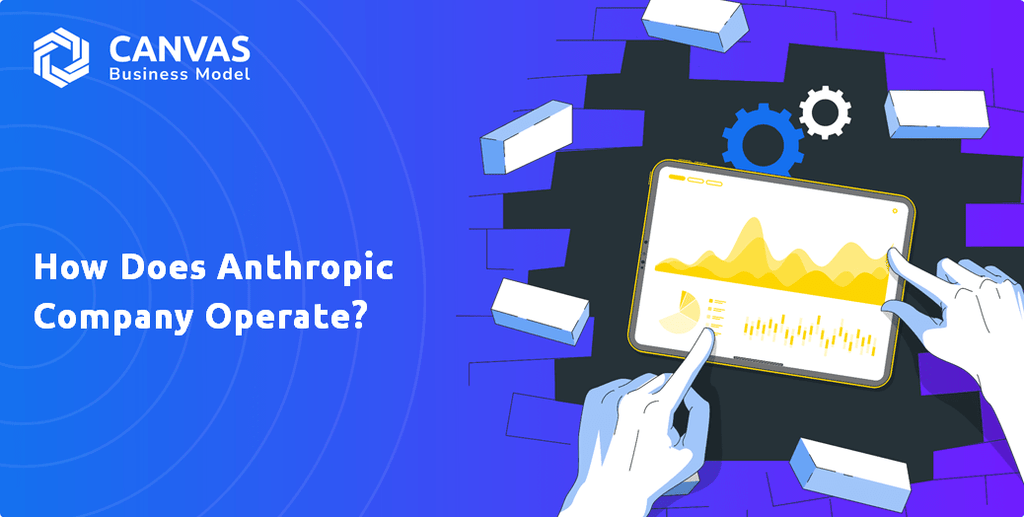Anthropic Expands in Asia with New Seoul Office
Anthropic expands in Asia with a new Seoul office, focusing on responsible AI and enterprise solutions, challenging OpenAI's market position.

Anthropic Expands in Asia with New Seoul Office
In the rapidly evolving landscape of artificial intelligence, companies like OpenAI have been making headlines with their innovative models and applications. However, another player, Anthropic, has been quietly building a reputation as a less-flashy but potentially more robust rival. This article delves into Anthropic's business model, its key technologies, and why it might offer a more sustainable path forward in the AI industry.
Background on Anthropic
Anthropic, founded by Dario Amodei and others, has been steadily expanding its presence in the AI market. The company has recently announced plans to open an office in Seoul, marking its third location in the Asia-Pacific region, following new offices in Tokyo and Bengaluru. This expansion underscores Anthropic's focus on international growth, particularly in regions where AI adoption is surging.
Anthropic's flagship product, Claude, is a large language model designed with both frontier capabilities and safeguards for responsible deployment. The company has seen significant adoption of Claude, especially in Asia, where countries like Korea are at the forefront of AI innovation. Korean users are among the most active Claude users globally, reflecting the strong technical talent and adoption in the market.
Key Features of Anthropic's Business Model
Anthropic's business model is built around providing robust AI solutions that cater to the needs of enterprise users and developers. Here are some key features:
-
Claude Sonnet 4 and 4.5: These models have been highly successful, with Sonnet 4 quickly becoming a favorite among coders. It offers a larger context window, handling up to 75,000 lines of code, and has captured more than double the market share of OpenAI among enterprise developers. The recent release of Sonnet 4.5 further enhances its capabilities, making it the best coding model for building complex agents and using computers.
-
Local Partnerships: Anthropic is focusing on building strong local partnerships, particularly in regions like Korea. This approach allows the company to work closely with world-class enterprises and startups, providing them with tailored support for complex coding and enterprise applications.
-
Diversified Compute Strategy: Anthropic uses a diversified compute approach, leveraging Google's TPUs, Amazon's Trainium, and NVIDIA's platforms. This strategy helps efficiently manage the high computational demands of AI model training and deployment.
Industry Impact and Context
The AI industry is rapidly shifting towards more specialized and robust business models. Companies like Anthropic are distinguishing themselves by focusing on responsible AI development and deployment, which is crucial for long-term sustainability.
Advantages Over OpenAI
-
Responsible AI: Anthropic's emphasis on safeguards for responsible deployment aligns with growing concerns about AI ethics and safety. This approach can foster trust among users and regulatory bodies, potentially offering a more stable business environment compared to flashier but less regulated competitors.
-
Enterprise Adoption: The success of Claude among enterprise developers suggests that Anthropic is well-positioned to meet the needs of businesses looking for reliable AI solutions. This could translate into a more stable revenue stream compared to models that rely heavily on consumer adoption.
-
Local Presence: By establishing a strong local presence in key regions, Anthropic can better understand and address the specific needs of different markets. This localized approach can lead to more effective partnerships and a higher level of customer satisfaction.
Challenges and Future Directions
Despite its strengths, Anthropic faces challenges in maintaining its competitive edge in a rapidly evolving AI landscape. The company must continue to innovate and expand its offerings to keep pace with competitors like OpenAI. Additionally, navigating the regulatory environment and ensuring that AI developments align with societal values will be crucial for long-term success.
In conclusion, Anthropic's business model offers a promising alternative to the flashier, more consumer-focused approaches of some competitors. By focusing on responsible AI development, enterprise adoption, and local partnerships, Anthropic is building a robust foundation for sustainable growth in the AI industry.



